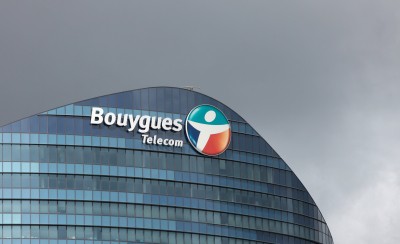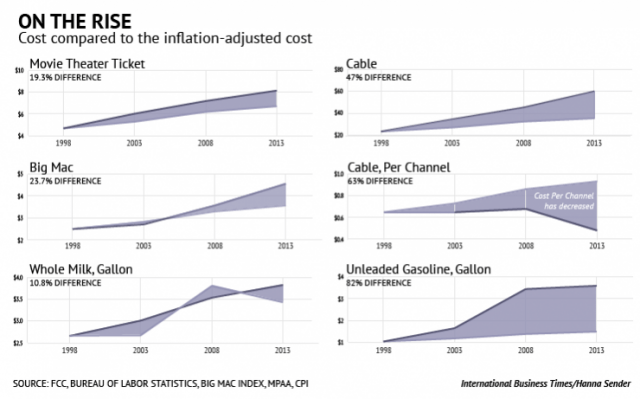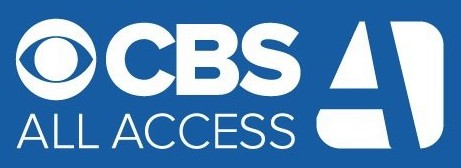 Charter Communications last week filed its 362 page redacted Public Interest Statement laying out its case to win approval of its acquisition of Time Warner Cable and Bright House Networks, to be run under the Charter banner.
Charter Communications last week filed its 362 page redacted Public Interest Statement laying out its case to win approval of its acquisition of Time Warner Cable and Bright House Networks, to be run under the Charter banner.
“Charter may not be a household name for all Americans, but it has developed into an industry leader by implementing customer and Internet-friendly business practices,” its statement reads.
The sprawling document is effectively a sales pitch to federal regulators to accept Charter’s contention the merger is in the public interest, and the company promises a range of voluntary and committed service upgrades it says will improve the customer experience for those becoming a part of what will be America’s second largest cable operator.
Charter’s proposed upgrades fall under several categories of direct interest to consumers:
Broadband: Charter will commit to upgrade customers to 60Mbps broadband within 30 months (about 2.5 years) after the deal is approved. That could mean some Time Warner Cable customers will still be serviced with standard speeds of 15Mbps as late as 2018. Time Warner Cable’s Maxx upgrade program will be effectively frozen in place and will continue in only those areas “consistent with Time Warner Cable’s existing deployment plans.” That will leave out a large sections of the country not on the upgrade list. Charter has committed to impose no data caps, usage-based pricing or modem fees, but only for three years, after which it will be free to change those policies at will.
Wi-Fi: Charter promises to build on Time Warner’s 100,000 Wi-Fi hotspots, most in just a few cities, and Bright House’s denser network of 45,000 hotspots with a commitment to build at least 300,000 new hotspots across Charter’s expanded service area within four years. Charter will also evaluate deploying cable modems that also act as public Wi-Fi hotspots. Comcast already offers over 500,000 hotspots with plans for many more, making Charter’s wireless commitment less ambitious than what Comcast today offers customers.
Cable-TV: Charter has committed to moving all Time Warner and Bright House systems to all-digital service within 30 months. Customers will need to lease set-top boxes designed to handle Charter’s encryption system for all cable connected televisions. Among those boxes includes Charter’s new, IP-capable Worldbox CPE and cloud-based Spectrum Guide user interface system.
Video on the Go: Charter will adopt Time Warner Cable’s streaming platform and apps to provide 300 streaming television channels to customers watching from inside their homes (a small fraction of those channels are available while outside of the home). Customers will not be able to watch on-demand recorded DVR shows from portable devices, but can program their DVRs from apps or the website.
Discount Internet for the Poor: Charter references the fact its minimum entry-level broadband speed is 60Mbps so that does not bode well for Time Warner Cable’s Everyday Low Priced Internet $14.99 slow-speed Internet plan. Instead Charter will build upon Bright House Networks’ mysterious broadband program for low-income consumers.
Based on Charter’s initial proposal, Stop the Cap! will urge state and federal regulators to require changes of these terms before approving any merger. Among them:
- All existing Time Warner Cable and Bright House service areas should be upgraded to meet or exceed the levels of service offered by Time Warner Cable’s Maxx program within 30 months. It is not acceptable to upgrade some customers while others are left with a much more modest upgrade program proposed by Charter;
- Charter must commit to Net Neutrality principles without an expiration date;
- Regardless of any usage-cap or usage-based pricing plans Charter may introduce after its three-year “no caps” commitment expires, Charter must permanently continue to offer unlimited, flat rate Internet service at a reasonable price as an alternative to usage-priced plans;
- Customers must be given the option of opting out of any leased/provided-modem Wi-Fi hotspot plan that offers a wireless connection to outside users without the customer’s consent;
- Charter must commit to a more specific Wi-Fi hotspot program that details towns and cities to be serviced and proposed pricing for non-customers;
- Charter must allow customers to use their own set-top equipment (eg. Roku, Apple TV, etc.) to receive cable television service without compulsory equipment/rental fees. The company must also commit to offering discount alternatives such as DTAs for secondary televisions and provide an option for income-challenged customers compelled to accept new equipment to continue receiving cable television service;
- Charter must retain Time Warner Cable’s Everyday Low Priced $14.99 Internet plan regardless of any other low-income discount program it offers. If it chooses to adopt Bright House’s program, it must broaden it to accept applications year-round, simplify the application process and eliminate any waiting periods;
- Charter must commit to independent verification of customer quality and service standards and adhere to any regulatory guidelines imposed by state or federal regulators as a condition of approval.
- Charter must commit to expansion of its cable network into a reasonable number of adjacent, unserved areas by committing a significant percentage (to be determined) of measurable financial benefits of the merger to the company or its executives towards this effort.
Stop the Cap! will closely monitor the proceedings and intends to participate on both the state (New York) and federal level to guarantee any merger provides consumers with an equitable share of the benefits. We will also be examining the impact of the merger on existing Time Warner Cable and Bright House employees and will promote merger conditions that protect jobs and limit outsourcing, especially overseas.


 Subscribe
Subscribe


 Today’s offer by Altice SA to spent $11 billion to acquire France’s Bouygues Telecom and combine it with Altice-owned Numericable-SFR to create France’s largest wireless operator
Today’s offer by Altice SA to spent $11 billion to acquire France’s Bouygues Telecom and combine it with Altice-owned Numericable-SFR to create France’s largest wireless operator 

 French lawmakers, particularly those aligned with France’s labor unions, accuse Drahi of acting like a bulimic debtor and feared his splurge would eventually lead to a banker-forced purge and government bailout if he cannot meet his debt obligations in the future.
French lawmakers, particularly those aligned with France’s labor unions, accuse Drahi of acting like a bulimic debtor and feared his splurge would eventually lead to a banker-forced purge and government bailout if he cannot meet his debt obligations in the future. Think you are already paying too much for cable television? If you thought Comcast charges too much, consider what CBS thinks is fair to charge for an on-demand library of CBS shows and a single live stream of your local CBS station – $5.99 a month.
Think you are already paying too much for cable television? If you thought Comcast charges too much, consider what CBS thinks is fair to charge for an on-demand library of CBS shows and a single live stream of your local CBS station – $5.99 a month.

 The cable industry has fought its own battle against a-la-carte on exactly the same ground Brown was now occupying.
The cable industry has fought its own battle against a-la-carte on exactly the same ground Brown was now occupying.
 The “TV Station Group,” an informal collective of small market TV stations seeking a renewal of their carriage contract with DirecTV has been stonewalled by DirecTV for months. Last week, the station owners
The “TV Station Group,” an informal collective of small market TV stations seeking a renewal of their carriage contract with DirecTV has been stonewalled by DirecTV for months. Last week, the station owners  Nobody besides CBS knows how many have agreed to pay for All Access, but executives have told investors they are pleased with how the program is working. Still, Marc DeBevoise, executive vice president and general manager of CBS Digital Media at CBS Interactive knows he walks a very fine line promoting a product that could eventually undermine CBS’s current commitment to today’s retransmission consent system. DeBevoise
Nobody besides CBS knows how many have agreed to pay for All Access, but executives have told investors they are pleased with how the program is working. Still, Marc DeBevoise, executive vice president and general manager of CBS Digital Media at CBS Interactive knows he walks a very fine line promoting a product that could eventually undermine CBS’s current commitment to today’s retransmission consent system. DeBevoise 